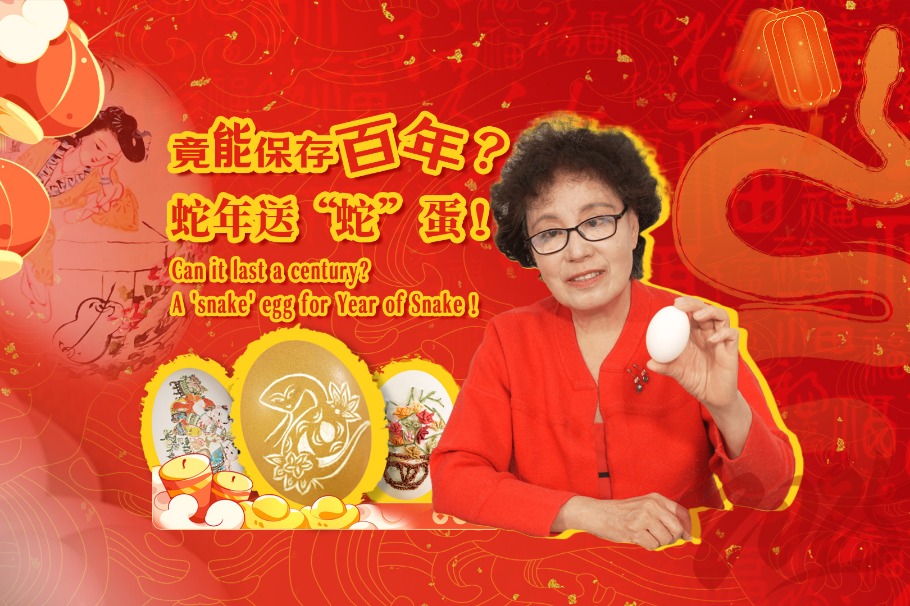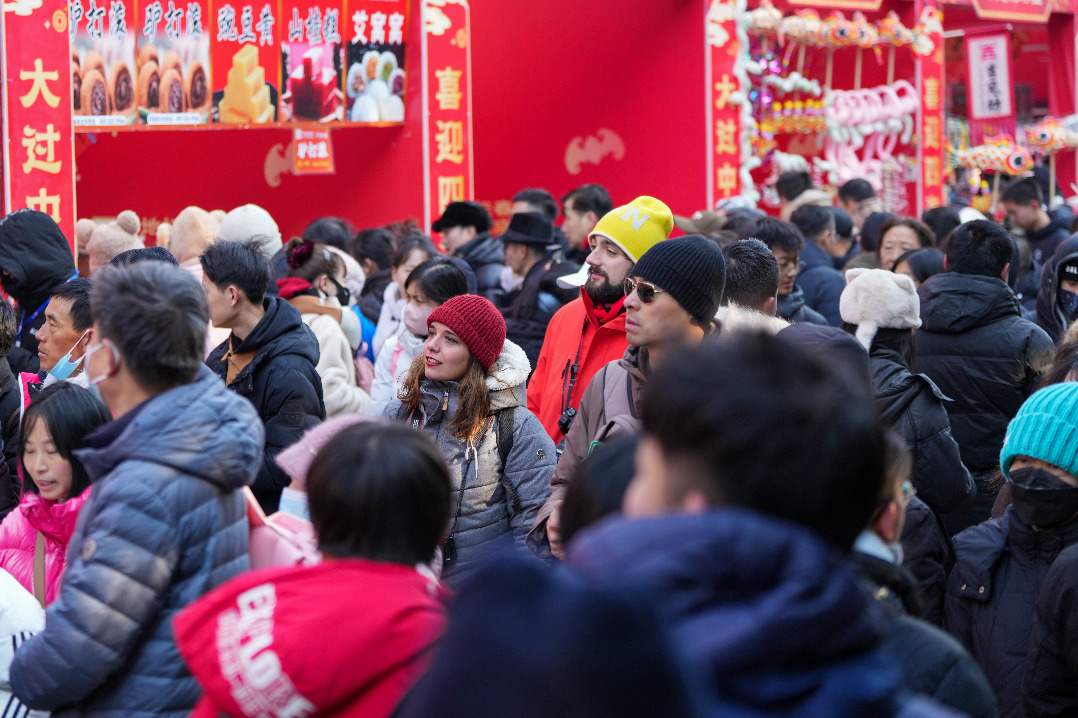Voices heard under united front work


Close partnership
Zhu Yongxin, vice-chairman of the Central Committee of the China Association for Promoting Democracy, one of the eight non-Communist parties, said he usually spends one-third of a year conducting grassroots surveys and research in order to come up with good suggestions to the CPPCC.
In April, he was conducting an investigation with his party colleagues in Anhui province on developing research in order to build a national strategic science and technology force, a key task set in the country's 14th Five-Year Plan (2021-25).
Every year, the CPC entrusts the eight parties to conduct research and make suggestions on major economic and social development issues under their areas of interest.
Zhu, 63, is an education expert who joined his party in 1988. More than 60 percent of its members are from the education sector and the party promoted the launch of Teachers' Day on Sept 10.
"We follow the lead of the CPC politically. We are good advisers, helpers, colleagues and supervisors for the CPC," he said, adding that they collect information, report problems and raise suggestions, including criticism of the CPC's ruling work.
Since the 18th National Congress of the CPC in 2012, the CPC leadership has issued regulations to improve the channels and procedures for the non-Communist parties to better exercise political consultations.
The General Secretary of the CPC Central Committee presides over several meetings each year to personally hear opinions from leaders of the non-Communist parties on major issues.
"At these meetings, the leaders of the eight non-Communist parties put forward opinions and suggestions, which are generally adopted and implemented," Zhu said.
The leaders of the eight parties also have a "fast channel" to give advice directly to CPC leaders, he said. They can write a proposal, raise problems and make suggestions that can be delivered to the CPC leadership quickly.
"Many opinions were raised in a fast way through this channel during the fight against the COVID-19 outbreak, including how schools should develop online education to solve the problem of suspended classes," he said.
Since 2016, the eight political parties have been entrusted by the CPC to supervise difficult poverty eradication work in eight provinces and autonomous regions. The political parties have fulfilled their mission by going on field trips and supervising how poverty alleviation policies were implemented.
"Every year, in addition to raising questions on behalf of Hunan province, the province my party has been paired with, we also give suggestions to the CPC on general poverty alleviation issues, including emphasizing the function of vocational education in poverty relief," Zhu said.























